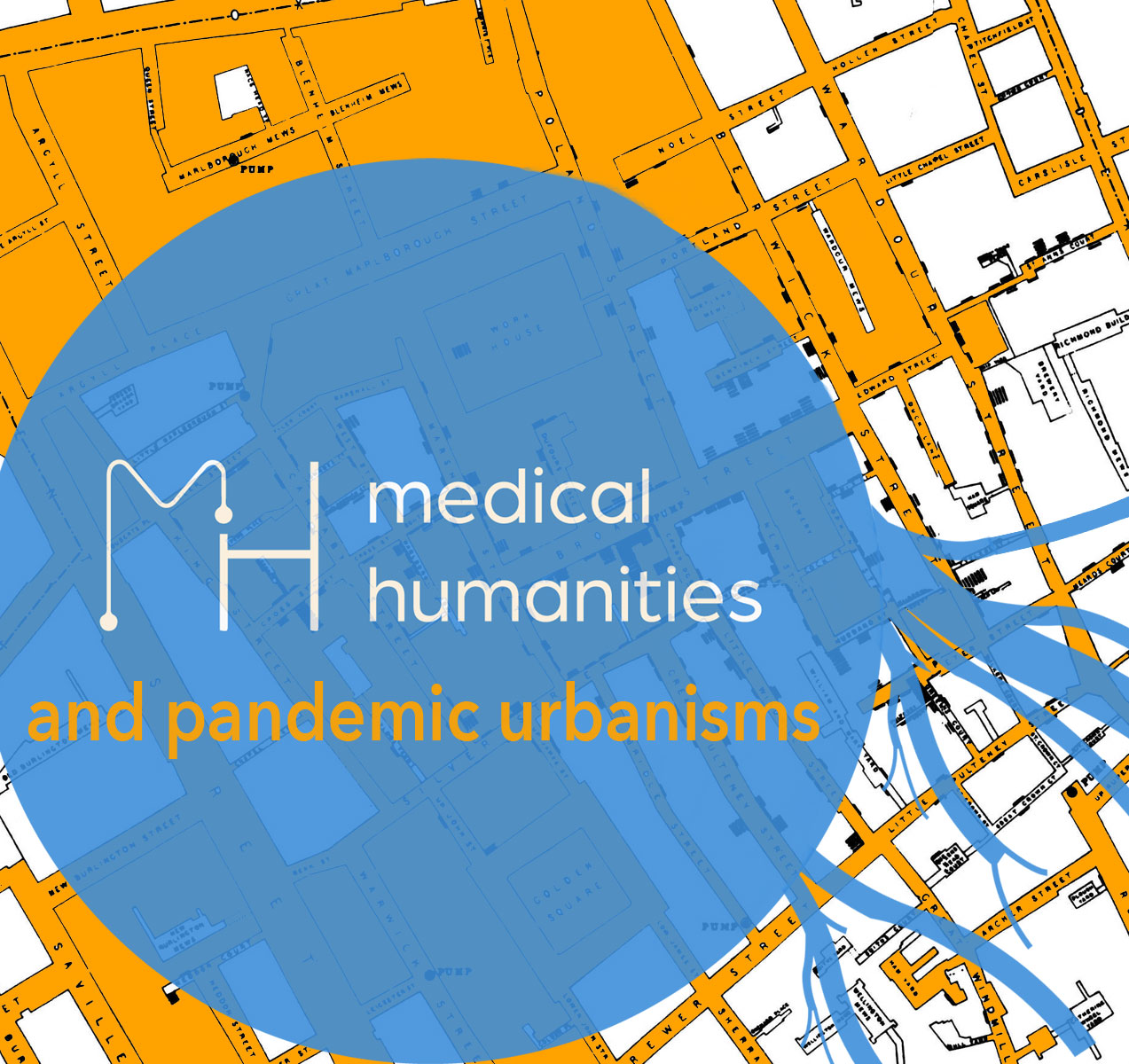
This event will be held virtually. Registration required.
Institute for Comparative Literature and Society
Explorations in the Medical Humanities at the Society of Fellows and Heyman Center for the Humanities
Welcome: Rishi Goyal (Columbia University)
Speaker: Rohit Negi (Ambedkar University)
Respondent: Kavita Sivaramakrishnan (Columbia University)
Co-sponsored by The Society of Fellows/Heyman Center for the Humanities.
This event is part of our “Medical Humanities and Pandemic Urbanisms” series.
Abstract
Dr. Negi’s presentation describes Delhi’s first contact with Covid in 2020, the lockdown, the framing of a ‘Delhi model’ of Covid management, and then its collapse when confronted with the second wave. Dr. Negi shows how political public health is, by situating these processes in the light of the growing majoritarianism and authoritarianism in the polity, as well as the deepening economic crisis. Finally, he discusses ‘relational urbanism’ or the response of the civil society/collectives, and the learnings related to the meaning of the ‘public’ going forward.
Kavita Sivaramakrishnan is Associate Professor of Sociomedical Sciences in the Department of History and the Mailman School at Columbia University. She is a public health historian of South Asia with a focus on the politics of health, medicine and science in the global South. Her most recent research is on the global politics of aging, and her new book is titled, As the World Ages: Rethinking a Demographic Crisis (Harvard University Press, 2018). She is currently engaged in a new book project on the history of consumption and disease risks in South Asia.
Rishi Goyal is Assistant Professor of Emergency Medicine at the Columbia University Medical Center (in Medical Humanities and Ethics and the Institute for Comparative Literature and Society) and founding director of the major in Medical Humanities. Professor Goyal completed his residency in Emergency Medicine as Chief Resident while finishing his PhD in English and Comparative Literature. His research interests include the health humanities, the study of the novel, and medical epistemology. His writing has appeared in The Living Handbook of Narratology, Aktuel Forskning, Litteratur, Kultur og Medier, and The Los Angeles Review of Books, among other places. He is a Co-Founding Editor of the online journal, Synapsis: A Health Humanities Journal, and a recipient of a National Endowment for the Humanities grant. He is currently working on Increasing Vaccine Confidence through a grant from Columbia World Projects.







